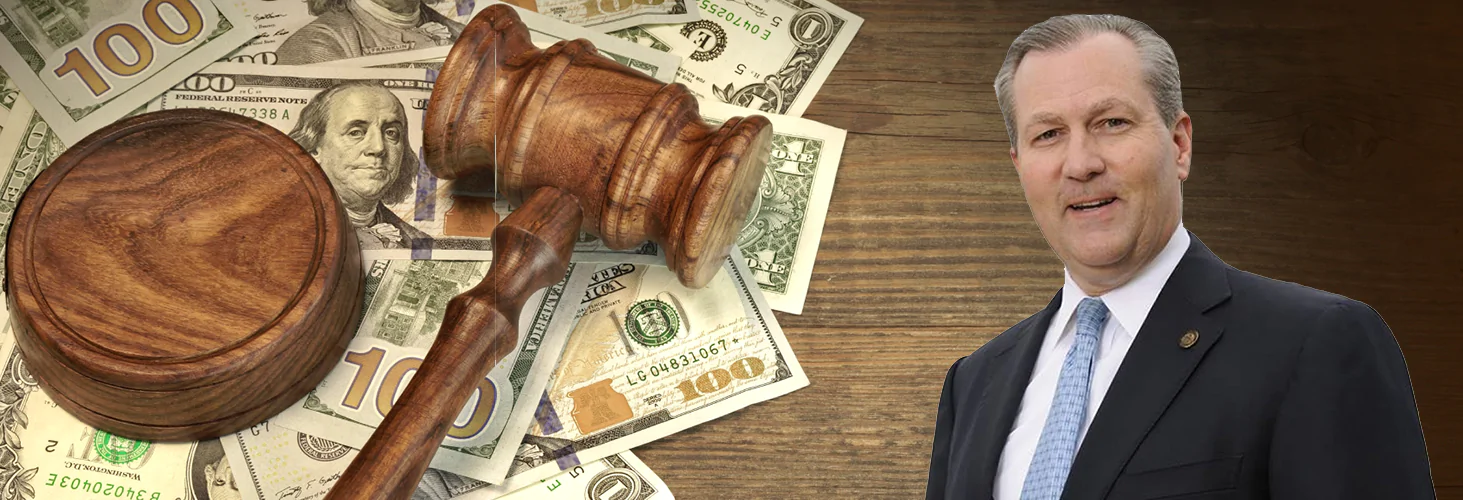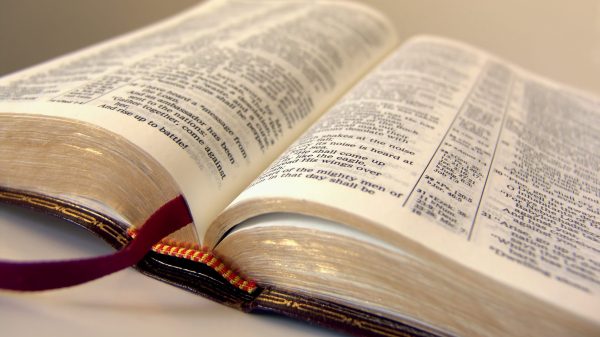By Bill Britt
Alabama Political Reporter
As the word “guilty” rang out twelve times in a Lee County courtroom on the evening of June 10, 2016, Alabama’s political world was rendered breathless as if dropped to the canvas by a body blow to the liver.
The conviction of Speaker of the House Mike Hubbard, who led Alabama’s Republican party from the backwoods of political power to an overwhelming supermajority in the State House and Senate, was a singularly dark moment in the State’s history. Yet, the date marking one year since he was found guilty of felony public corruption charges passed, seemly without notice.
Hubbard, who remains free on bond, is facing four years minus two days in State prison without the possibility of early release. His sentence, handed down by Lee County Circuit Judge Jacob Walker III, also includes eight years supervised probation. Hubbard’s case is pending appeal before the Alabama Court of Criminal Appeals. Hubbard’s attorneys filed their opening brief with the Court of Criminal Appeals at the end of May this year. The State is expected to answer Hubbard’s brief around the end of June or first of July.
The defense’s arguments for overturning Hubbard’s sentence are the same as those made before and during his trial, including all those heard and ruled on by Judge Walker.
The long delay is the result of “well over 550 filings” including motions, orders, and other documents which are a part of Hubbard’s case, according to Lee County Circuit Clerk Mary Roberson. The voluminous number of filings are rare for a criminal trial according to Roberson which caused the delay. The certification of the court records means there should be no more serious delays.
The Criminal Court of Appeals can choose to hear Hubbard’s case or simple deny his appeal and let the lower court judgment stand. If the Court of Appeals find against Hubbard he will still be allowed to seek a reversal from the State Supreme Court. He will remain on bond until the process is complete according to the courts.
Hubbard’s future behind bars in all but assured. What remains is will true ethics reform continue or be strangled by political intrigue?
After Hubbard’s conviction on felony ethics charges it was widely believed there would be further reforms along with clarification and strengthening of existing ethics laws. However, this is not happening, due to the lack of political will.
Rather than inspiring public officeholders to fight for the ethics laws that saw Hubbard convicted, there has been a dramatic, albeit covert mission, to undermine them.
Within days of the Hubbard verdict, various business interests, as well as a host of lawyers, were on the offensive to blunt the impact of Hubbard’s conviction. Effort begun under Hubbard to discredit and remove Chief Matt Hart of the Attorney General’s Special Prosecution Unit have continued by other forces in the state. The plot to circumvent the State’s stringent ethics laws and see Hart removed as a white collar criminal prosecutor has engulfed the State’s Ethics Commission, the Republican leadership, and the 2018 campaign for Attorney General.
Mere days after the Hubbard trial concluded with a quick verdict, attorneys with Maynard, Cooper, and Gale were at work deconstructing it. Ted Hosp, Jay Mitchell, Peck Fox, and Edward O’Neal provided an analysis, which argued that the judge, jury, and prosecutors from the State’s Attorney General’s office broadly interpreted portions of the ethics laws, as related to the guilty verdict in the Hubbard case.
In their analysis, the prosecution and jury broadly interpreted the term “principal,” as well as the phrase “thing of value,” and expanded a conflict of interest beyond what they believed was the legislative definition.
Mitchell, who helped construct the analysis against the court ruling in the Hubbard case is now running for a seat on the Alabama Supreme Court.
Rather than Hubbard’s conviction leading to change, the fight is now about how to keep other lawmaker’s and business leaders from avoiding a similar fate.
As Saturday, June, 10 slipped by, few remembered that humid night in Lee County as Hubbard recklessly sped across the courthouse lawn in a black Corvette. There is little doubt that Hubbard will face real jail time in a State prison. The question that remains is: will he be the last?





















































